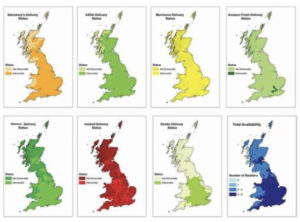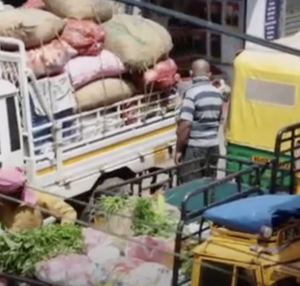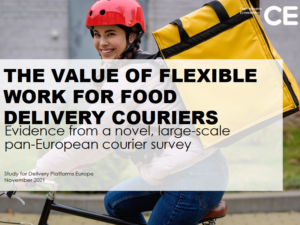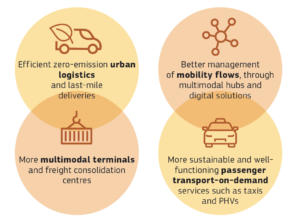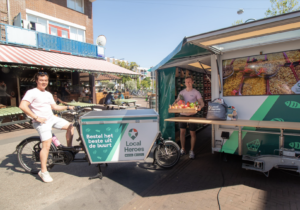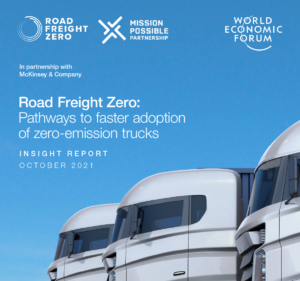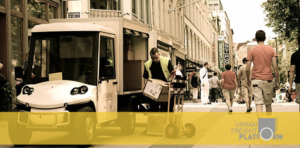Delivery poverty: should we be worried?
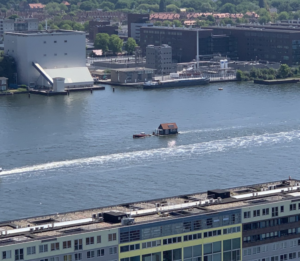
New delivery services are popping up like mushrooms. Dutch Jumbo is going to deliver with Gorillas. Bol delivers with its own delivery bikes, and HelloFresh is stronger than ever. However, critics argue that all this will not work out. Home delivery will never be profitable. The costs are too high, and competition is cut-throat. However, …

